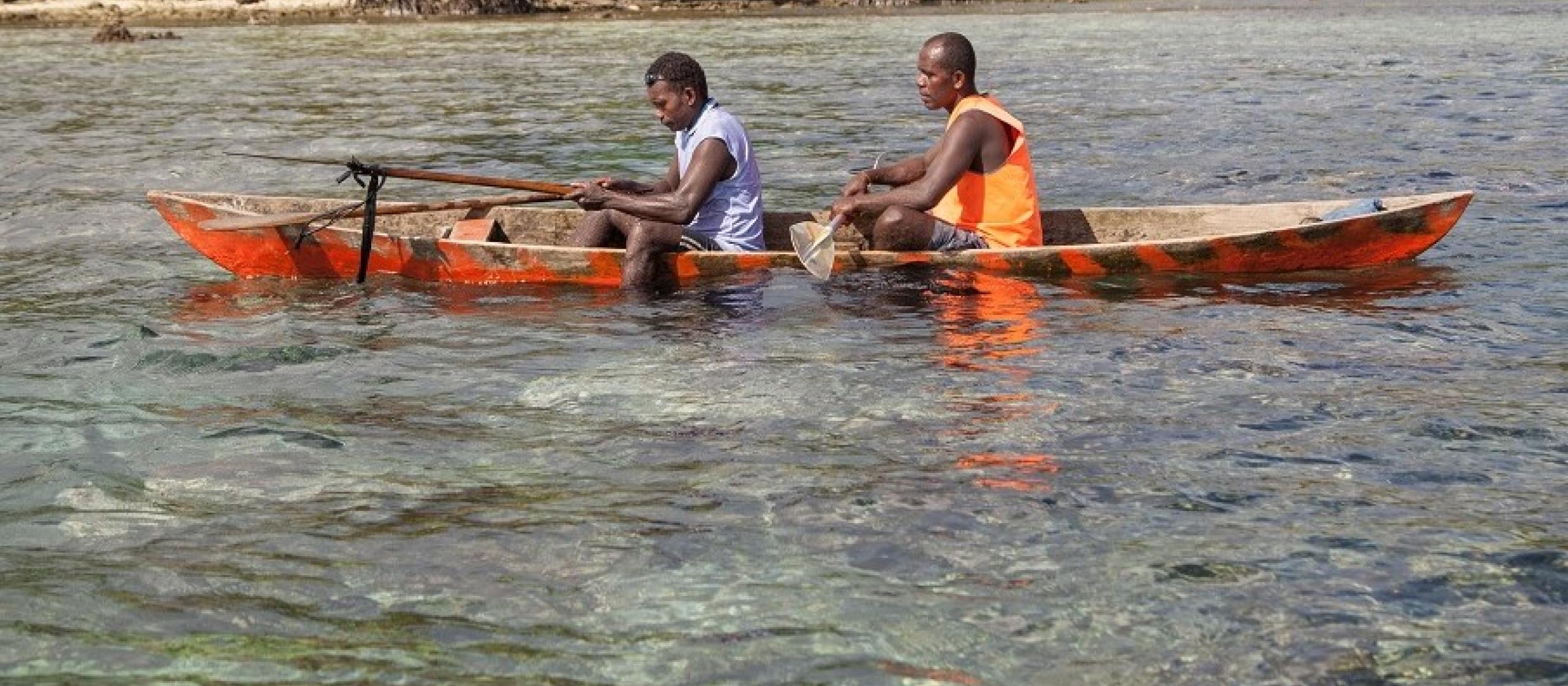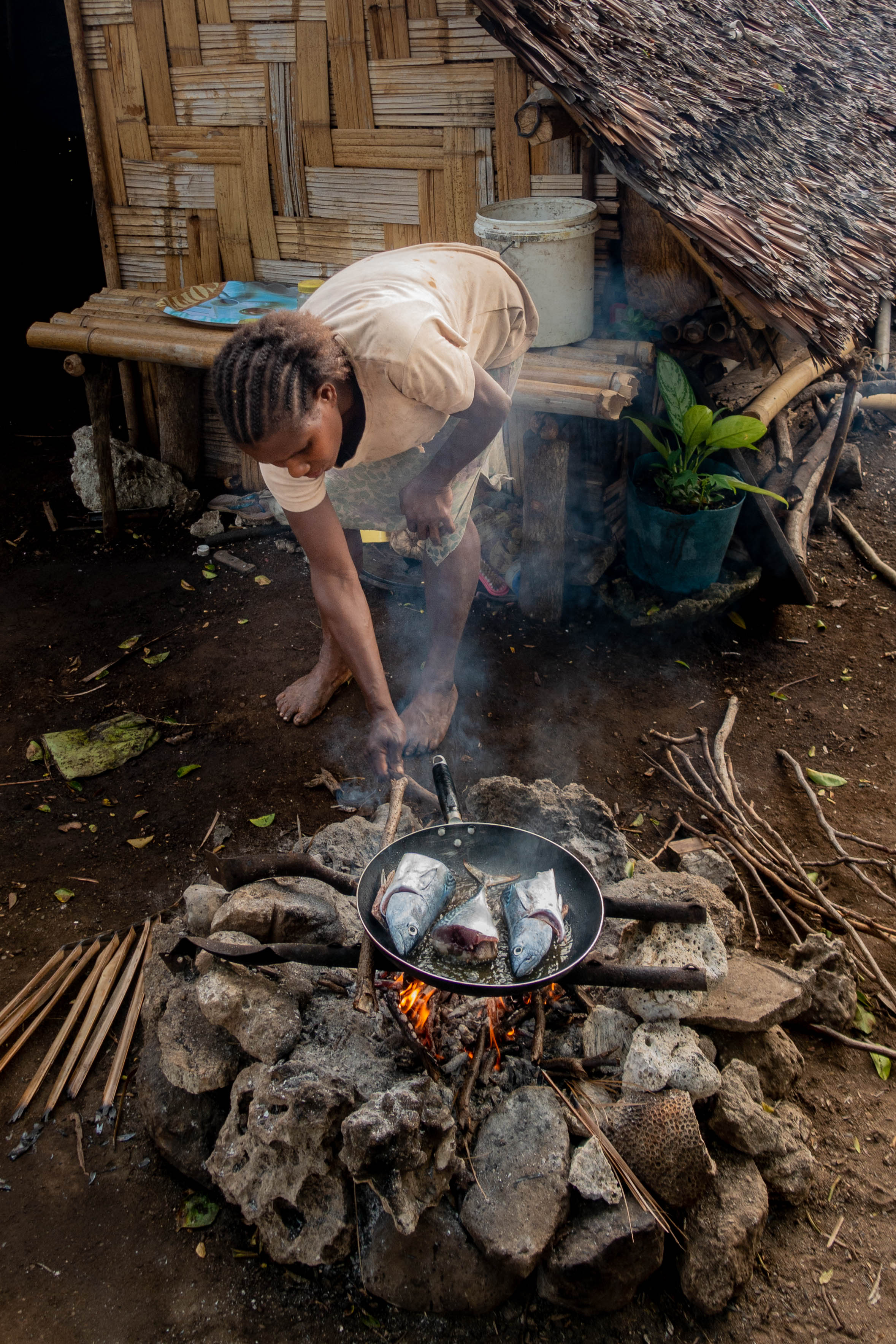- HomeHome
-
About ACIAR
- Our work
- Our people
-
Corporate information
- ACIAR Audit Committee
- Commission for International Agricultural Research
- Policy Advisory Council
- Agency reviews
- Executive remuneration disclosure
- Freedom of information (FOI)
- Gifts and benefits register
- Information publication scheme
- List of new agency files
- Contracts
- Legal services expenditure
- Privacy impact assessment register
- Commonwealth Child Safe Framework
- Benefits to Australia
- Careers
- 40 years of ACIAR
-
What we do
- Programs
- Cross-cutting areas
- Resources
- Where we work
-
Funding
- Research projects
- Fellowships
-
Scholarships
- John Allwright FellowshipScholarships to study in Australia for ACIAR partner country scientists to have Australian postgraduate qualifications
- ACIAR Pacific Agriculture Scholarships and Support and Climate Resilience Program
- Alumni Research Support Facility
- Publications
- News and Outreach
Date released
01 November 2019
Empowering communities in Pacific island countries to manage their own inshore fisheries is key to ensuring their food and job security.
Inshore fisheries—those closer to shore—are typically used by local communities as a source of income and food in Pacific island countries including Kiribati, Solomon Islands and Vanuatu.
However, fast-growing populations and unsustainable fishing practices are reducing the availability of fish and putting pressure on these fisheries’ long-term health and viability.
Moreover, many communities throughout these countries are far from national agencies and the help they would otherwise provide local communities to help manage these fisheries.
In an Australian Department of Foreign Affairs and Trade/ACIAR-funded project, Professor Neil Andrew, University of Wollongong, leads a multi-partner team working across the three countries to facilitate a process that supports community-based fisheries management to tackle these challenges. So far more than 100 communities have engaged with the project with the long-term aim of setting their own fisheries management goals and working to rally resources to meet them.
Community-based fisheries management
‘Community-based fisheries management is a form of collective action,’ explains Professor Andrew. ‘In essence it’s a group of people making rules to organise themselves, sticking to those rules and sanctioning rule-breakers.
‘The role an external agent like us can play is to help a community work through that process of agreeing that there is a problem, agreeing what they can do about it, and then helping them learn about the rules that they might want to put in place to manage the resource.’
Without this support, a fisheries management approach that coordinates people and resources might never exist and fish resources could continue to decline. This could have devastating consequences on communities that rely on these fish for food and income.
The community-based fisheries management work is done under the banner of ‘A new song for coastal fisheries—pathways to change: The Noumea strategy’—or the New Song strategy. This strategy was developed by a group of farsighted leaders in fisheries and environmental management back in 2015 at an ACIAR-supported workshop. The New Song strategy shifted political and national attention to inshore coastal fisheries to better support the local communities that were dependent on them.
Traditionally, the economically important large-scale commercial offshore tuna fisheries have dominated the attention of national agencies. The New Song strategy is seeing more support go into empowering Pacific island communities to manage their national fisheries, which are in various states of health but are critical to the local people’s well-being.
Through this project and others implemented in the region, the seeds of change are beginning to sprout. ‘We see changes in communities in terms of their perception of fisheries and we see changes in national capacity to support communities in terms of policies, regulations and even laws,’ says Professor Andrew. ‘Longer-term changes in fisheries resources and the well-being of communities are beginning to be seen but it is important to bear in mind that community-based approaches are not a panacea and are not appropriate for many places in the region.’
For Professor Andrew, it’s been the performance and growth of the national staff who are doing the on-ground work with communities that has impressed him the most. ‘They have so many skills and such a passion for the contributions they make to their countries.’
These benefits are reflected in the all-round progress of the project, with plans moving towards a national program in Solomon Islands and communities tracking positive progress in Vanuatu and Kiribati.
Heading towards a national plan
On the back of the project’s progress, Solomon Islands is working on a national strategy to spread community-based fisheries management. The aim is to increase both the number of communities reached and the quality of the service provided to them.
Delvene Boso, Country Director, Solomon Islands, for WorldFish, says they want to make sure the national scaling strategy makes community-based fisheries management even more inclusive to encourage more women and more provincial partners.
‘The national scaling strategy is the culmination of years of work with practitioners, government, non-government organisations and communities,’ says Ms Boso.
Previously, WorldFish’s work involved intensive engagements testing the models for community-based resource management to see what would work and how to best facilitate the process. But with 4,000-plus communities in the country, the new focus is on a ‘light touch’ model of engagement.
‘What we’ve done in the past year is go with a lighter engagement,’ says Ms Boso. ‘This focuses on one community, building its capacity, and in turn it then spreads the message along the region through its own community networks.’
The path toward community-based fisheries management is driven by the communities themselves. Firstly, they express their interest, which is followed by a supported process that sees them set goals and participate in education activities to increase their collective and individual awareness and understanding of the issues. The result is the development of a community-owned management plan and improved capacity to collectively manage their inshore fisheries to ensure sustainable fish resources into the future.
Island community sees results
In Vanuatu, Pita Neihapi, Community-based Resource Management Officer for the Pacific Community (SPC), is supporting 31 communities in community-based fisheries management.
In the Maskelyne Islands, three communities wanted to have a management plan. One of these previously managed a large outer reef, but not the inshore area.
‘[This community] wanted to have a management plan because an agreed management plan would help them to better manage the resources,’ says Mr Neihapi. ‘They said it would be something that was not from the chief but was a community initiative with community input.’
In its management plan, the community also identified taboo areas where fishing was not allowed, unless to satisfy an urgent community need—and then only with approval.
‘In accessing those taboo areas, they use the management plans. Their fishers are not allowed to use certain nets. They have to use what was in the management plan,’ says Mr Neihapi.
Mr Neihapi says since the community implemented the management plan, it has reported seeing a greater variety of fish species and more fish overall in the reef inshore area. He says people are very happy with both the plan and the increased number of fish they have observed as a direct result.






